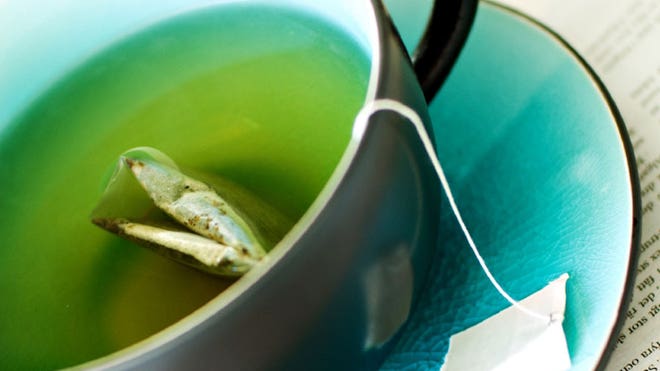
“Isn’t it strange that doctors can legally administer poison in the form of chemotherapy and radiation as well as numerous toxic pharmaceuticals and yet one of nature’s medicines- found to greatly assist cancer patients- which can be prepared by any common person without harmful side effects, is illegal and can send a person to prison for its possession?
There are numerous studies, now spanning the globe, revealing the miraculous healing properties of cannabis oil and its ability to cure cancers and other ailments without poisoning the body.
Cannabis oil, or Hemp oil contains many healing benefits including a high amount of protein as well as essential fatty acids, including the harder to come by GLA’s – known to reduce inflammation and slow the growth of cancer cells. As far as essential fatty acids go, we need a particular ratio of Omega 3, Omega 6 and GLA’s in our body for good health. Omega 3 comes largely from fish, Omega 6 can be found in many of our cooking oils such as olive and sunflower, but GLA is only found in a few sources such as borage oil, spirulina and hemp. Hemp oil happens to contain the perfect 2:5:1 ratio of omega 3, 6 and GLA’s. Interesting.
As far as cancer goes, the research proof has been out there for a while…
Cannabis oil has been shown to shrink and even cure cancers in all the studies conducted without poisoning the body. Isn’t it time to give the people a safe, legal alternative to such an ailment? Let us put aside our fears and greed and support nature in being our medicine, so she can further support us in healing.”
More: http://guardianlv.com/2013/06/cannabis-cures-cancer-without-poison/














